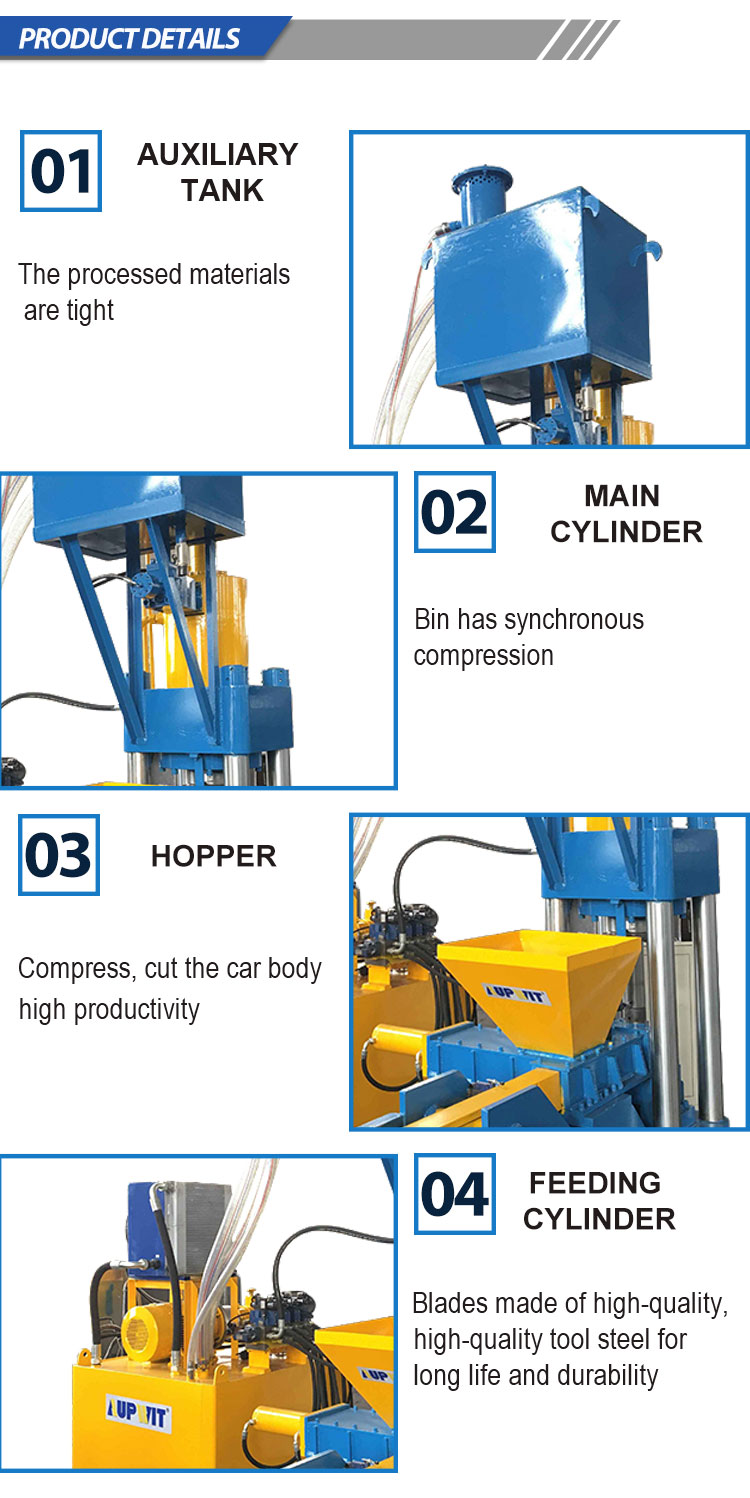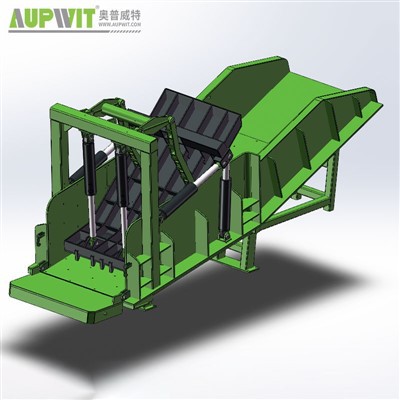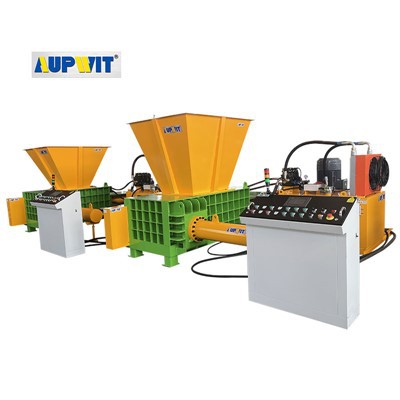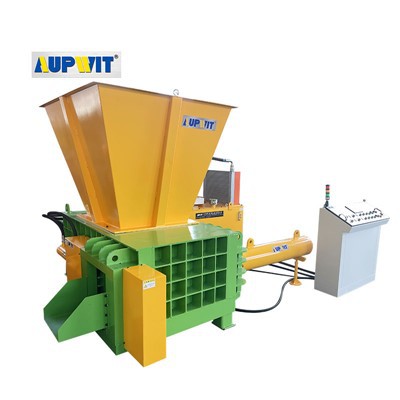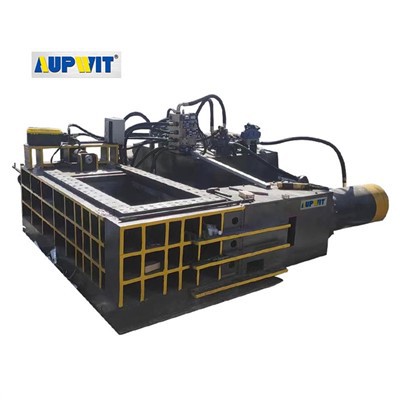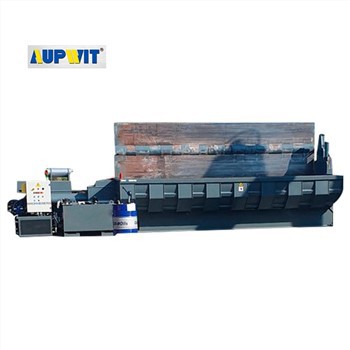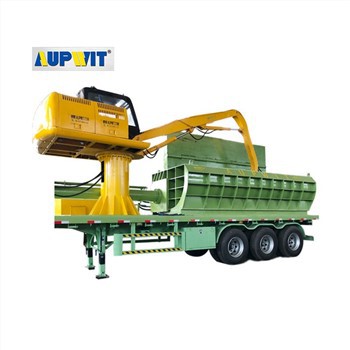Briquetting presses demand stable and robust electrical systems to support their high-power compression cycles. The specific requirements vary by machine type and capacity, but key considerations include:
1. Voltage & Phase Requirements
-
Standard Models: Typically require 380-415V, 3-phase AC power (industrial standard).
-
Large Hydraulic Presses: May need 480V or higher for heavy-duty operation.
-
Smaller Units: Some biomass presses run on 220V single-phase, but with limited capacity.
2. Consistent Voltage Stability
-
Tolerance: ±5% voltage fluctuation maximum to prevent motor damage.
-
Solutions: Voltage stabilizers or isolation transformers may be necessary in areas with unstable grids.
3. High Starting Current (Inrush)
-
Mechanical Presses: Experience 3-5x rated current during startup (requires soft starters/VFDs).
-
Screw Presses: Need star-delta starters to reduce initial power surge.
4. Power Capacity (kW Demand)
-
Small Biomass Presses: 15-30 kW (intermittent duty).
-
Heavy-Duty Metal Briquetting: 50-200 kW (continuous duty).
-
Hydraulic Systems: Require additional 15-25% buffer capacity for pumps.
5. Backup Power Considerations
-
Critical for: Continuous production lines to avoid mid-cycle stoppages.
-
Options: Diesel generators or UPS systems for brief interruptions (<5 sec transfer time).
6. Safety & Compliance
-
Circuit Protection: Fast-acting breakers (e.g., Class D fuses) for short-circuit protection.
-
Grounding: Low-impedance earthing (<1 ohm) to prevent electrical hazards.
-
Certifications: Must comply with IEC 60204-1 for industrial equipment safety.
-
